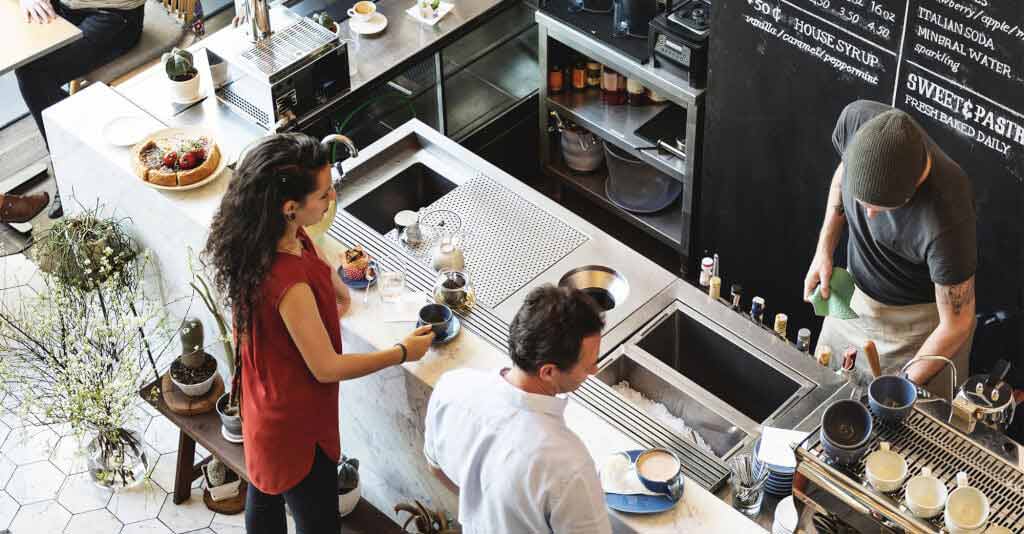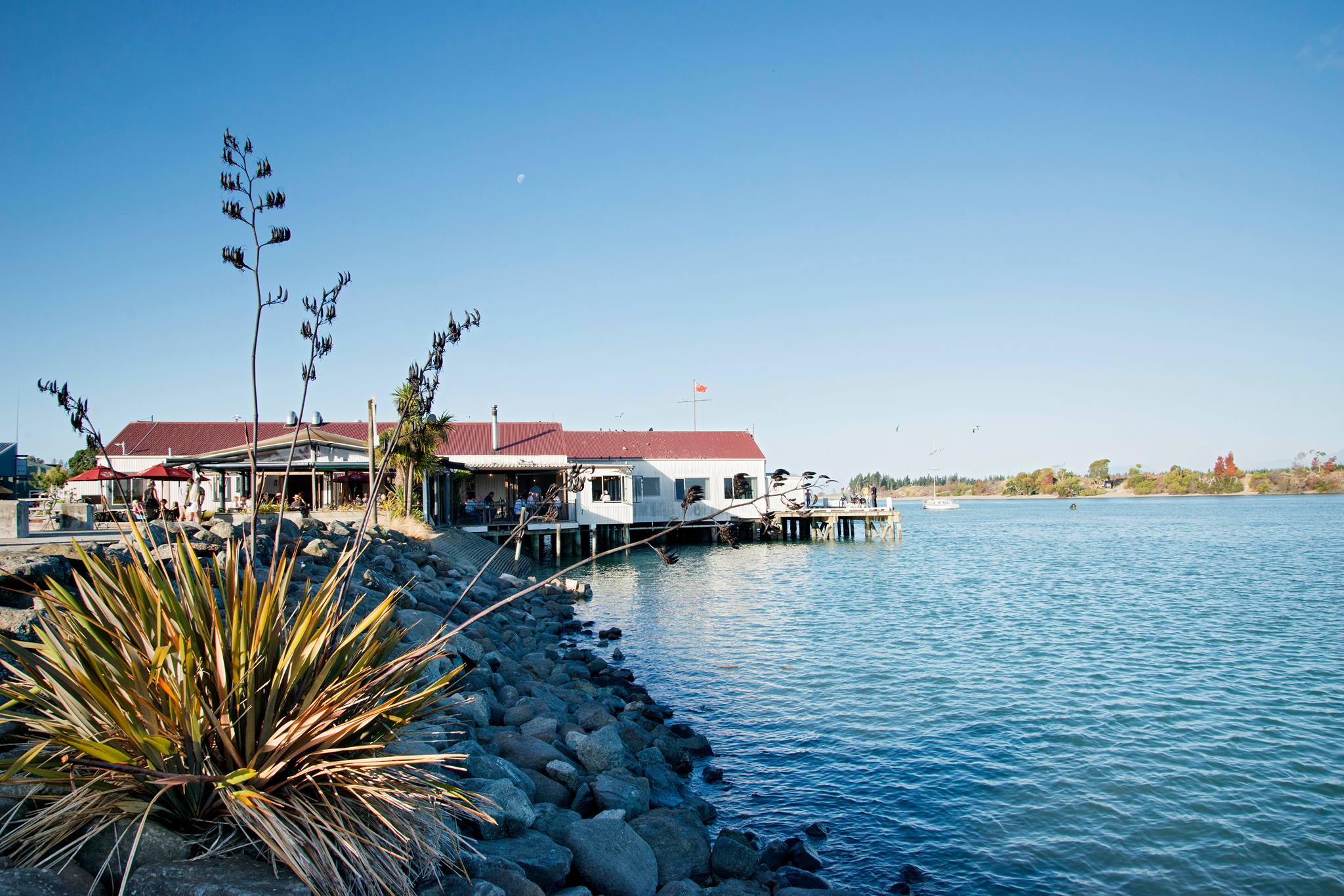Hospitality venues often provide more than one type of service or specialisation. For instance, consider a café-by-day, bar-by-night venue. When the sun is out, the vibe is family-friendly, with staff slinging lattes and poached eggs. But, at night, the venue becomes electric with tables cleared for a dance floor, and coffees replaced with cocktails.
Coordinating the logistics of two different hospitality settings within the one spot can be challenging. The daily transition from one to the other may require changes to the venue’s table orientation, menus, staff, clientele and booking information. Doing this in a way that is smooth and effective requires flexibility, high-level management skills and the right technology at-hand.
According to ResDiary’s ANZ Customer Support Lead Declan O’Toole, ResDiary builds diaries to suit all manner of venues – including ones that change quite dramatically from day-to-day.
Using everything that ResDiary has to offer
Managing a café-by-day, bar-by-night venue can be a complex affair. For instance, the venue has to make sure the dining experience is clearly communicated to customers, the patron’s reservation has to go through to the café rather than the bar (or vice versa) and staff must be able to handle all the challenges involved in the different booking types.
O’Toole says it’s really important that the venue is using all of ResDiary’s tools and features at their disposal to manage their bookings.
“It makes it easier for the venue if they know who’s booked ahead of time, and that they clearly outline to customers what the reservation involves. For instance, the seating duration for a three-course menu will be different to a quick drink with friends. If the venue knows who and why they are coming in advance, they can [adjust their yield management strategy] and turn around more bookings,” he says.
“The bar [in particular] might also process more walk-ins than reservations, so W8list is a really handy tool for them to use. If they are able to process those walk-ins quickly, they might be able to process more reservations [over the entire shift].”
O’Toole adds that these venues can utilise their customer database to see why the customer attended the venue, and what decisions they made when they were there. They can use this information to effectively communicate with them in the future.
“Somebody might come to the café during the day, and not know that the venue runs the bar at night. They can use their database to advertise future events that are similar to the one they attended, and/or cross market other parts of the business.”
“[It can help to] encourage return visitors”
Splitting the diary
The café-by-day might have a completely different table arrangement to the bar by night. For customers who experienced one side of the venue – then the other –they might not believe that they’re in the same place.
Without a table management service like ResDiary, navigating the venue’s changing landscape can prove to be challenging for staff. However, O’Toole says that ResDiary can be split between the two venues, so staff know what’s happening at any given time, and don’t have to worry about how bookings were arranged before they arrived.
By splitting the diary, day-time staff will have access to a particular version of the diary. It will change after a certain time, and the evening staff may see a different version.
O’Toole says that building two diaries for the one venue can be tricky, but it’s something that they’ve done many times before.
“We’ve done similar things for restaurants that do private functions. The venue might normally be a 200 seater, but when a function is booked, they will close out parts of the venue, and open a different section for the event,” he says.
“In my experience, we’ve been able to set up [almost anything the] customer has wanted.
Dealing with tricky curve balls
Another important detail for venues managing a café-by-day and a bar-by-night is making sure the information provided matches the right experience, and that they can make changes on a whim, without needing to change the diary permanently.
O’Toole says even if venue owners have relatively niche requests, the support team will work round the clock to make it happen.
“The table management service is like having an extra member of staff on board. Once it’s set up according to the venue’s requirements, it works seamlessly,” he says.
“However, if the venue wants to make changes – such as opening on certain days that they are typically closed –they can pop into the diary and change it themselves.”
He adds that the tools and functionality are available for staff to use, and – once they are familiar with ResDiary – that process is easy.
“I’ve been using ResDiary since 2013, and it never ceases to amaze me what we can achieve with it,” he says.
Running one venue at a time is hard enough, let alone two venue types. But, having the assistance of a digital platform like ResDiary can help to ameliorate some of the challenges involved, and help create a smooth ride for all staff members.
Disclaimer: This guide is general in nature and does not take into account your individual circumstances. Before acting on any information, you should consider whether this is right for your business.




